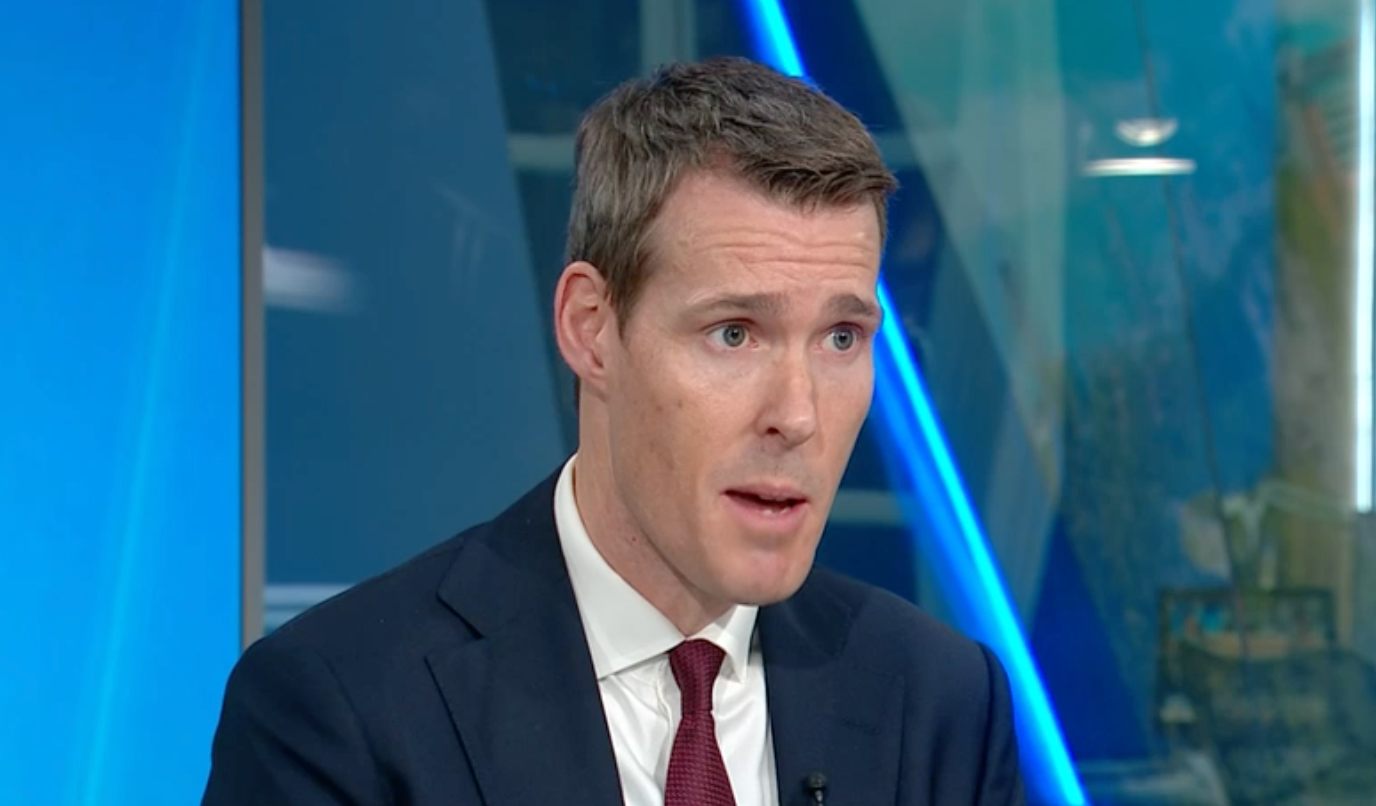Labour will end no-fault evictions and give renters the right to have pets by next summer as part of the biggest overhaul of the rental sector for three decades, its housing minister has said.
Introducing the Renters’ Rights Bill, Matthew Pennycook said he hopes it “will make quick progress through the House of Commons and we have that new tenancy system in place around summer next year”.

The bill aims “decisively level the playing field between landlords and tenants” but “good landlords have nothing to fear”, Mr Pennycook said.
Unveiling the overhaul, the government has vowed to “clean up the mess” in the rental market left behind by the Conservatives.
Sir Keir Starmer’s party will is abolishing Section 21 so-called no-fault evictions, under which tenants can be removed from rented housing when a fixed-term tenancy ends or during a rolling tenancy.
Last year alone, nearly 26,000 households faced homelessness as a result of a Section 21 eviction orders and were forced to turn to their local councils for support. Theresa May promised to end no-fault evictions in 2019, but plans were abandoned before Rishi Sunak called a general election this summer.

And it will give tenants the right to request a pet, with landlords unable to “unreasonably refuse” and able to request insurance to cover potential damage from pets if needed.
Other measures in the Renters’ Rights Bill include moves to strengthen tenants’ rights, with renters empowered to challenge unfair rent increases and plans to outlaw rental bidding wars by landlords and letting agents.
Under the bill, Labour will also make it illegal for landlords to discriminate against tenants in receipt of benefits or with children when choosing to rent out their property.
Anti-homelessness charity Shelter welcomed the introduction of the bill, with chief executive Polly Neate describing it as “a watershed moment for England’s 11 million renters”.
She added: “By extending notice periods and ridding the country of the gross injustice of Section 21 evictions, renters will no longer live in fear of being booted out of their homes for no reason, with too little notice. “
The party accused the Tories of having “repeatedly refused to stand up fro private renters”, with Ms May’s proposed ban amounting to nothing.
Deputy prime minister Angela Rayner said: “Renters have been let down for too long and too many are stuck in disgraceful conditions, powerless to act because of the threat of a retaliatory eviction hanging over them.
“Most landlords act in a responsible way but a small number of unscrupulous ones are tarnishing the reputation of the whole sector by making the most of the housing crisis and forcing tenants into bidding wars.

“There can be no more dither and delay. We must overhaul renting and rebalance the relationship between tenant and landlord.”
The Renters Reform Coalition praised ministers and officials for ensuring the bill was one of the first major overhauls pursued by the new government.
Group chairman Tom Darling said: “We renter groups have been consistent in calling for these, and though there are still areas for improvement, the fact that this government has listened means that a lot of renters will benefit from increased security of tenure.”
The government said the bill is a crucial step toward ending the UK’s housing crisis, linking it to a drive to deliver 1.5 million new homes over the course of the parliament.
Labour also says the bill will also drive up standards in the rental sector, with a “decent homes standard” implemented to ensure tenants can expect safe, well-maintained, and secure living conditions.
It hopes the change will prevent rogue landlords from undercutting the market with substandard rental properties. And the Renters’ Rights Bill will apply Awaab’s Law, which will set a legal timeframe within which landlords must make homes containing serious hazards safe.
The National Rental Landlords Association (NRLA) said it is vital the measures contained within the bill are fair to both tenants and landlords.
Chief executive Ben Beadle said the ending of no-fault evictions is the biggest change facing the sector for three decades, warning that it could lead to backlogs in courts as landlords need to file repossession claims where landlords have legitimate reasons to evict tenants.
He added: “Once the Bill is passed, it is vital that sufficient time is provided to enable the sector to properly prepare.”
And Mr Beadle welcomed plans to ensure rented housing meets a minimum standard, adding: “Too often the actions of a minority of rogue and criminal landlords have brought the sector into disrepute.”











